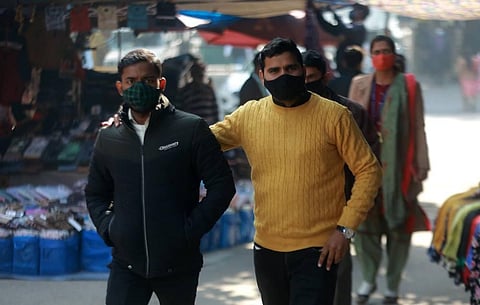

NEW DELHI: India may already have the new strain of Covid-19 as the process of analysing genomes of SARS-CoV-2 was comparatively down in the period when it was first identified in the UK, said experts studying the mutations of coronavirus.
The virus mutations identified by genome sequencing of thousands of SARS-CoV-2 samples globally have been primarily classified into 10 ‘clades’. India, so far, has sequenced over 4,300 genomes and identified eight clades — A1a, A2, A2a, A3, B, B1, B4 and I/A3i.
The most predominant clade world over is A2a and was found in majority around 70% of Indian cases followed by I/A3i, which is unique to India.
“While we have not found the new strain of virus prevalent in the UK, but the genomes submitted by India in the last 3-4 months have been less. The official UK reports say that the first case of this virulent strain of SARS-CoV-2 was reported in September. There is a possibility that we may already have that particular strain in India and it may have gone undetected till now,” said senior scientists studying the virus mutation in India.
The data collated by CSIR-Institute of Genomics and Integrative Biology (IGIB) shows that the majority of 4,300 genome sequencing in India was done between April-August (4,000) and the number started dwindling between September-November (300).
The sequencing data has been submitted by around 30 national research institutions, laboratories and hospitals among others. The highest number of genomes has been sequenced from Delhi (730) followed by Telangana (626) and Gujarat (618).
The genetic makeup of the virus holds key information in understanding the spread of the Covid-19 across the world and by studying virus mutations, scientists can better understand how efficiently the virus bind and replicated inside a human body.